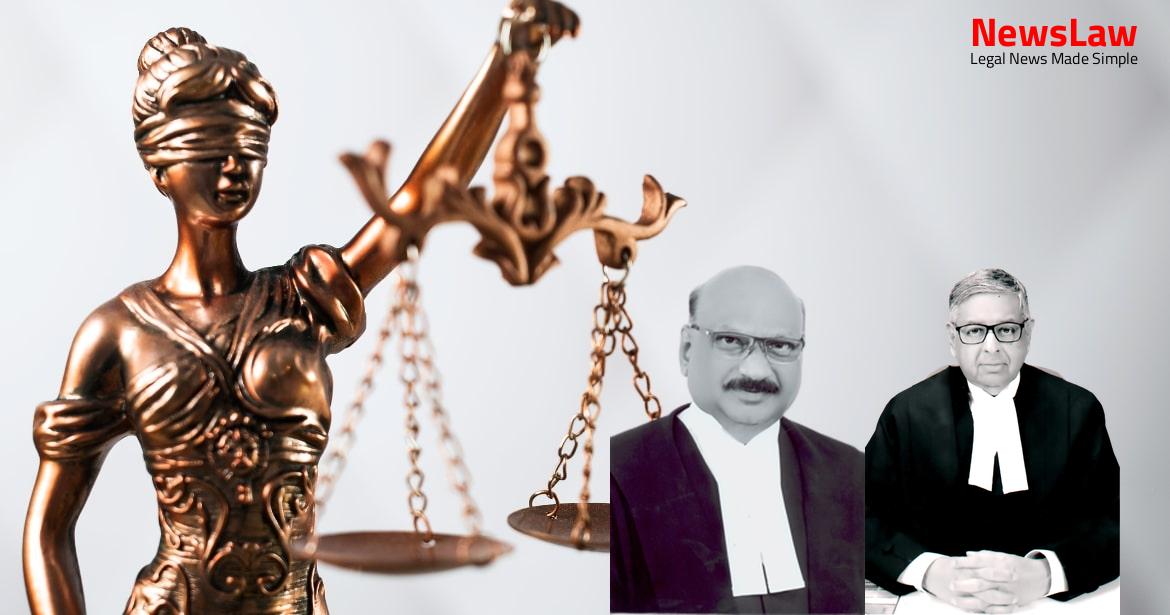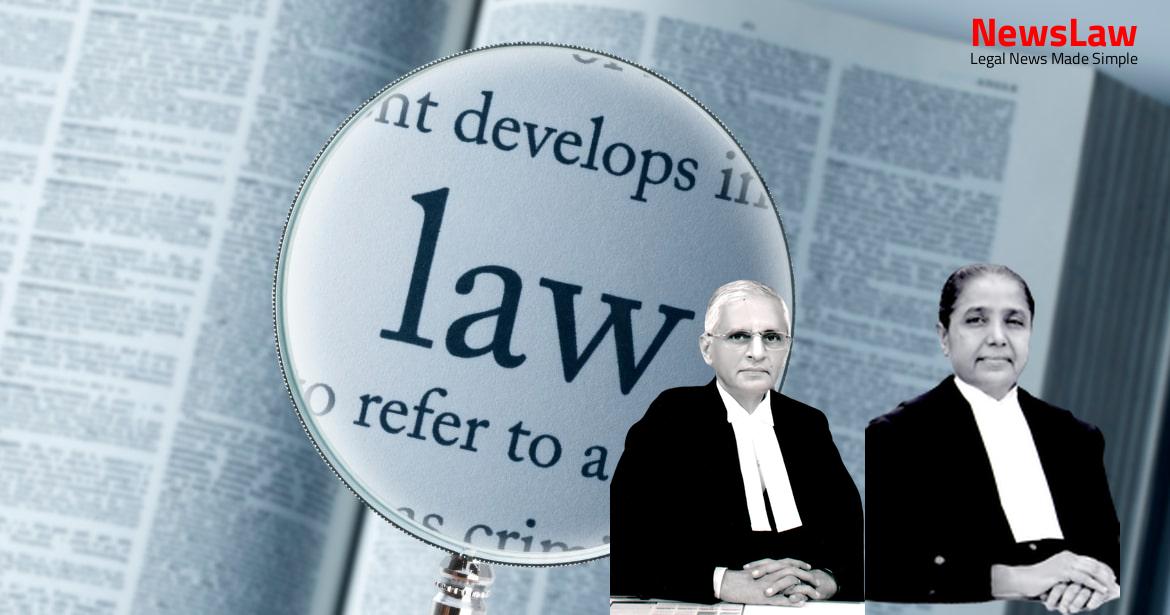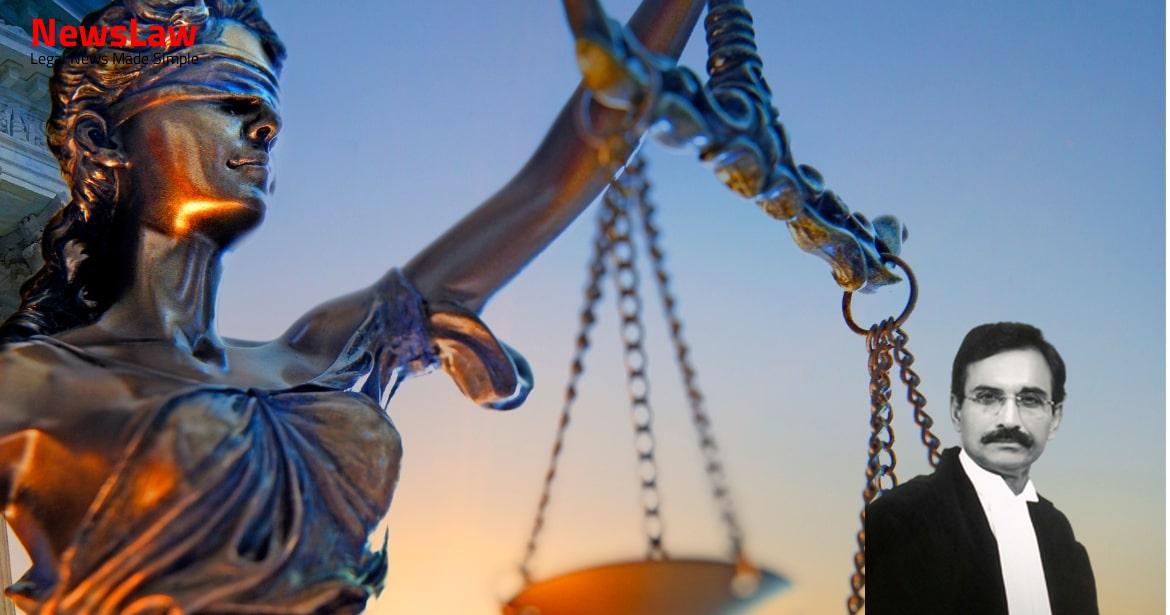In a significant legal development, the Supreme Court of India has delivered a crucial judgment on the Prohibition of Child Marriage Act, 2006. The court’s ruling addresses important aspects of the Act and its application in cases involving marriage between individuals of different age groups. Stay tuned to learn more about the implications of this judgment for the legal landscape in India.
Facts
- Appellant and Original Name (wife) married without parental consent.
- Applied for police protection due to problems from wife’s parents.
- Contempt petition filed and disposed based on police assurance.
- Father of Original Name made application, resulting in protection order being recalled.
- High Court directed registration of FIR under Prohibition of Child Marriage Act, 2006.
Also Read: Court’s Jurisdiction in Re-appraising Arbitrator’s Findings
Analysis
- The High Court’s order recalling the protection order was deemed improper as there is no provision for recalling orders in criminal matters.
- Initiating criminal proceedings against the Appellant under Section 9 of the 2006 Act was unwarranted.
- Section 9 specifically punishes male adults for marrying a child, not females, and does not apply to males aged 18-21 marrying adult females.
- The Act aims to curb child marriage’s adverse effects, primarily on child brides, to enhance their health and status.
- The Act provides remedy for males considered children under the law to annul marriages, rather than punishing them under Section 9.
- The intention behind punishing only male adults for child marriages is to protect minor young girls from negative consequences and create a deterrent effect.
- The interpretation of Section 9 should be read as ‘male adult above eighteen years of age marries a child’, excluding the present case from its application.
- The 2004 Bill and the 2006 Act consider men above the age of 18 as mature enough to be held responsible for marrying a female child.
- Clause 9 of the 2004 Bill aims to penalize male adults who marry a child.
- Adult women are exempt from punishment for marrying a male child, as decisions regarding marriage are typically made by family members, and women often have little agency in such matters.
- The distinction in culpability between men and women in marrying minors is acknowledged, and the context in which this distinction was established by the legislature should be considered.
- Section 2(a) of the 2006 Act defines a child as a male below 21 years of age and a female below 18 years of age.
- Child marriage, as per Section 2(b) of the Act, involves a marriage where one of the contracting parties is a child.
- Male adults aged between 18 and 21 who marry adult females do not fall under the penal consequences outlined in Section 9, as this is not the issue the provision intends to address.
- The Prohibition of Child Marriage Bill, 2006 was introduced for discussion in the 14th Lok Sabha by Smt. Renuka Chowdhury, the then Minister of State for Women and Child Development.
- Smt. Renuka Chowdhury emphasized how child marriage reinforces gender discrimination in India.
- She stated that in India, gender discrimination is a matter of life and death.
- The court clarifies that they are not commenting on the validity of marriages between a man aged 18-21 and an adult woman.
- The man in such marriages may have the option to annul the marriage under Section 3 of the 2006 Act.
- The couple in this case has been living happily and without any threat from family members.
- The court opines that police protection is no longer necessary for the couple.
Also Read: Contrary Directions in Issuance of Letter of Intent
Decision
- Directions issued by the High Court to lodge the First Information Report (FIR No. 122 dated 24.12.2010) are quashed.
- Impugned order is set aside.
- The appeal is allowed accordingly.
Also Read: Application for Stay in Civil Suit Rejected: Court’s Legal Analysis
Case Title: HARDEV SINGH Vs. HARPREET KAUR
Case Number: Crl.A. No.-001331-001331 / 2013



